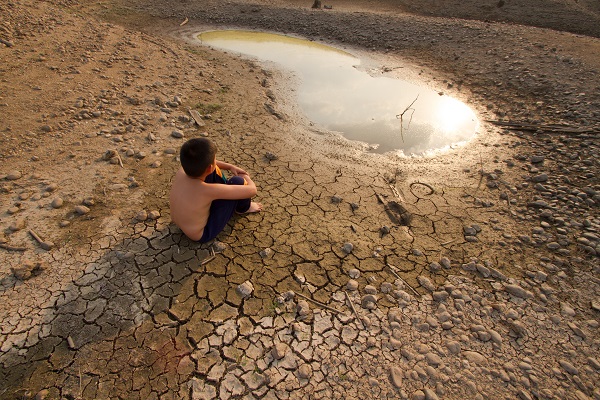
Sustainable finance is becoming an
important part of the European Commission’s agenda. This is demonstrated
by the final report that the Commission’s High-Level Expert Group on
Sustainable Finance (HLEG) delivered on Wednesday, 31 January. The HLEG’s
key recommendations include changes to EU regulation and proposals for
promoting sustainable development. Finance
Finland’s (FFI) Deputy Managing Director Esko Kivisaari was one of the expert group’s
twenty members.
The Commission will use the HLEG’s work to draw up a sustainable finance action programme. It will be published on 22 March.
The Commission considers it a priority to integrate sustainability firmly into the EU’s operations and financial regulation. In establishing the HLEG, the Commission saw that the financial sector has a key role in directing capital into sustainable technologies. The financial sector is exposed to environmental risks due to the long-term nature of its work.
Kauppi: the financial sector has a leading role in sustainable finance
According to FFI’s Managing Director Piia-Noora Kauppi, putting an emphasis on sustainability requires many changes to real economy, but she believes that the financial system is ready to embrace these changes.
“The expert group’s key recommendations bring the financial sector into a better position to promote these changes and the objectives set in the Paris Climate Agreement, whose main goal is to limit global warming to below 2°C”, explains Kauppi.
HLEG’s recommendations include advice on steering the flow of public and private capital towards sustainable investments, and steps the financial sector and its supervisors can take to protect the financial system from environmental risks.
According to Kauppi, institutional investors, banks, insurers and pension funds play a key role in sustainable finance. Finnish employee pension insurance companies have already gained an international reputation for including sustainable finance in their investment policy.
At best, however, the financial sector can only support the desired developments. Kivisaari points out that no miracle cures are available: sustainability work requires the contribution of all sectors.
“In transport and food and energy production, for example, the reforms are hindered by state subsidies and set practices. Why, for instance, are vegetarian protein sources more expensive than minced meat?” questions Kivisaari.
The Commission’s project is part of the EU’s 2030 Agenda for Sustainable Development and the execution of the Paris Climate Agreement.